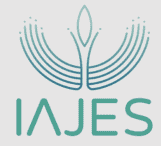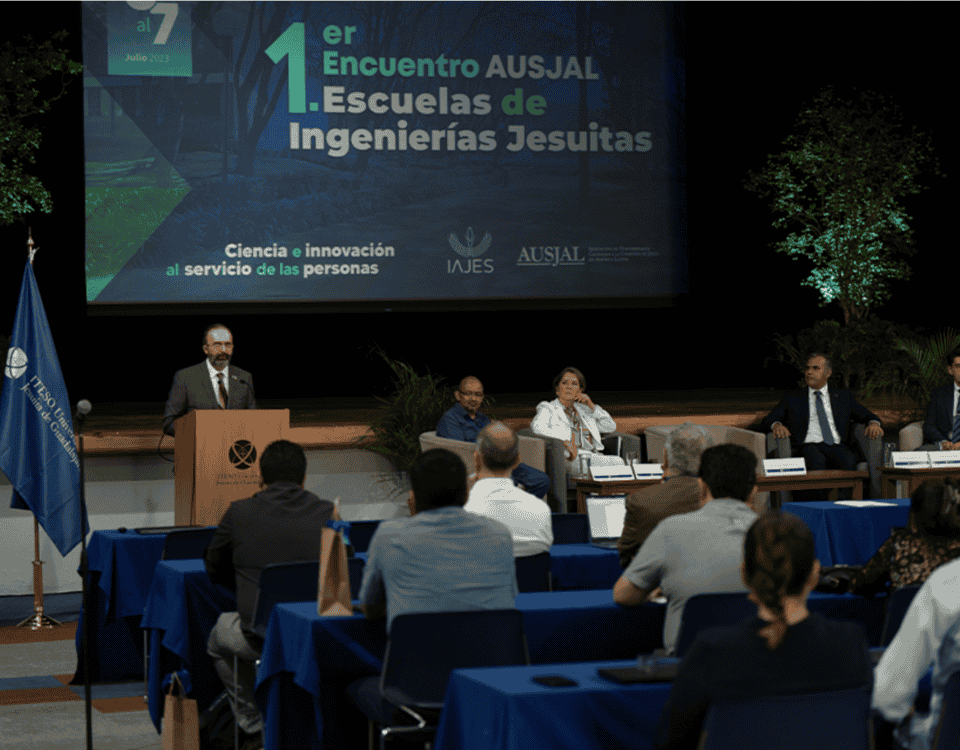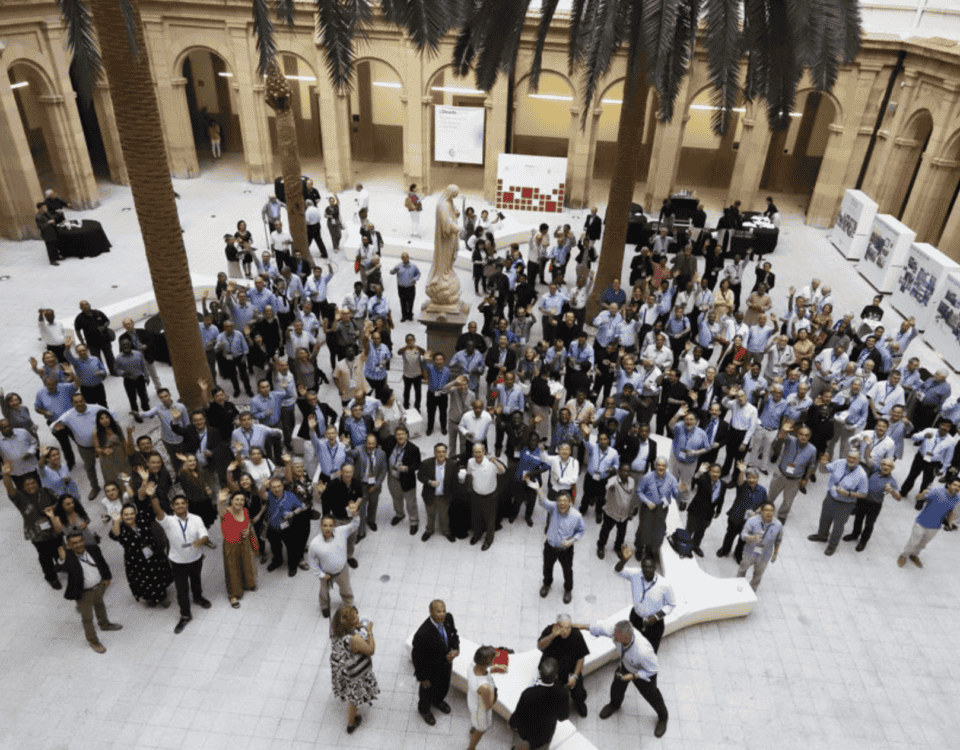This website uses cookies so that we can provide you with the best user experience possible. Cookie information is stored in your browser and performs functions such as recognising you when you return to our website and helping our team to understand which sections of the website you find most interesting and useful.
Engineer Schools Take a Decisive Step Forward
Engineering School deans and faculty from throughout the globe gathered in Cali, Columbia hosted by the Engineering school at Universidad Javerina, Cali. The International Association of Jesuit Engineering Schools is only two years old but already has grown from the original membership of 20 schools to approximately 30 institutional members.
The 50 participants from Jesuit engineering schools met this past July, from the 15th to the 19th, and discussed a wide variety of topics and enthusiastically advanced several collaborations. In addition, they established several task forces which were voted on by the members. The first observation was the pleasure and communicative energy experienced by the participants through the contacts and the mutual knowledge.
Another very promising statement was the richness and diversity of the topics. Over the 3 days in Cali, around 40 speakers animated the reflexion with significant projects and proposals as paths of collaboration within IAJES. This created a strong emulation and desire to work together. We chose to deal with a large spectrum of potential collaboration fields. We can only give some highlights here .
Sharing of numerous rich proposals and paths of collaboration
1. In the field of Research
The conference led us to reflect about policies and directions for Research within IAJES. For example, we discussed models for collaborative PhD training with inter-university courses. The conference led to the emergence of clusters around essential engineering issues:
- Public Health and Healthcare
- Energy
- Infrastructure
- Water
2. Humanitarian Engineering and frugal innovation
Humanitarian engineering and frugal innovation are connected. For low income populations, sustainable solutions to improve daily life have to be designed and implemented with the creativity of the local communities themselves. It implies a specific humanitarian project management and the use of all resources of frugal innovation: local materials, low cost and local hightech, circular economy including waste recovery, management, treatment and valorization.
A decision was taken in Cali to create a global humanitarian engineering task force. It will aim to develop frugal Innovation in the curricula, social and technological exchange programs, promotion of collaborative projects (for example SUGAR Network – Cali).
Another aspect of the frugal innovation aims to promote a desire for “healthy sobriety” (Laudato Si 126) within wealthy populations. The challenge is to change high consumption habits into resource efficient practices. For example the project FLW in Mexico gives solutions for the quantification and characterization of all the Food Loss and Waste.
3. Engineering & Social justice
A large number of JES are motivated to make progress on the following questions: How to improve social sensitivity and skills and promote committed engineers for greater social justice.
The HOPE project guided by DEUSTO is an inspiring example. It aims to create a multi-stakeholder platform that focuses on the social sustainability of the electronic supply chain (from the extraction of raw materials to the smartphone).
A IAJES task force wants to constitute a repository of learning situations crossing multiple domains through which students experiment interculturality, and equip themselves as engineers for social change.
4. Science Engineering and Spirituality
The first proposal around this topic is based on excellent courses “Science and Religion” already done in several universities in Asia, Latin America, and the US. The key principle is to use the relationship between science and religion as a platform for interreligious dialogue. A task force has been formed to pursue the work, enrich the training offer intended to students and faculty.
5. Laudato Si and the ecological transition
In resonance with the 4th Universal Apostolic Preference, the pedagogy “Laudato Si” is likely to give a greater amplitude to some fundamentals of Jesuit Engineering schools. For example: The necessary discernment of our actions and projects for the common good implies strengthening training in personal and collective discernment. Pastoral care will be receiving a revitalizing drive and becoming an invitation to a fourfold alliance: with oneself (personal ecology or daily life), with others and in particular with the poor (social ecology), with our common house and the creation (environmental and cultural ecology) and with the Creator.
And “Everything is linked” [leitmotiv of “Laudato Si”]. Entrepreneurship (or intrapreneurship) is given a reinforced breath. Because it is a call to creativity and initiative that predominates in “Laudato Si” facing crucial issues for our future. And our engineers with an enlightened vision, a capacity for discernment and technical skills will be major actors of change.
Incentive proposals are shared in Cali: Integration of the integral ecology in the academic programs, creation of summer programs specifically aimed at Integral ecology, Networked Data Devices to strengthen persuasive Eco-awareness.
Final thoughts: IAJES process of growth
Firstly, people are so enthusiastic about mutual knowledge, in the sharing of experiences. This constitutes the first major benefit of the existence of this new network. Unanimously, the attendees adopted the principle of a yearly conference.
Secondly, in Cali, every JES was called for a contribution aimed for potential collaborations. This opens many opportunities for effective cooperation. IAJES members enter freely into fruitful connections to foster their local dynamics.
Thirdly, the network promotes the creation of dedicated IAJES task forces. Some will develop into : Health, Energy, Water…
In perspective, these task forces may generate ambitious projects. These latter will necessarily have key characteristics as to:
- support and enhance the local strategy of the IAJES members,
- enter in synergy with other initiatives within the ignatian works and outside.
- succeed in raising funds oriented to these projects
Next conference
For optimized travel costs, a decision was made to hold the next conference in France in July, 2020. Icam Group proposes to locate this conference on the Icam site in Toulouse.
It’s a challenge! Our Colombian friends from Javeriana have set very high standards!
(this article was originally published at IAJU website https://iaju.org/news/iajes-takes-decisive-step-forward-2019-conference)




